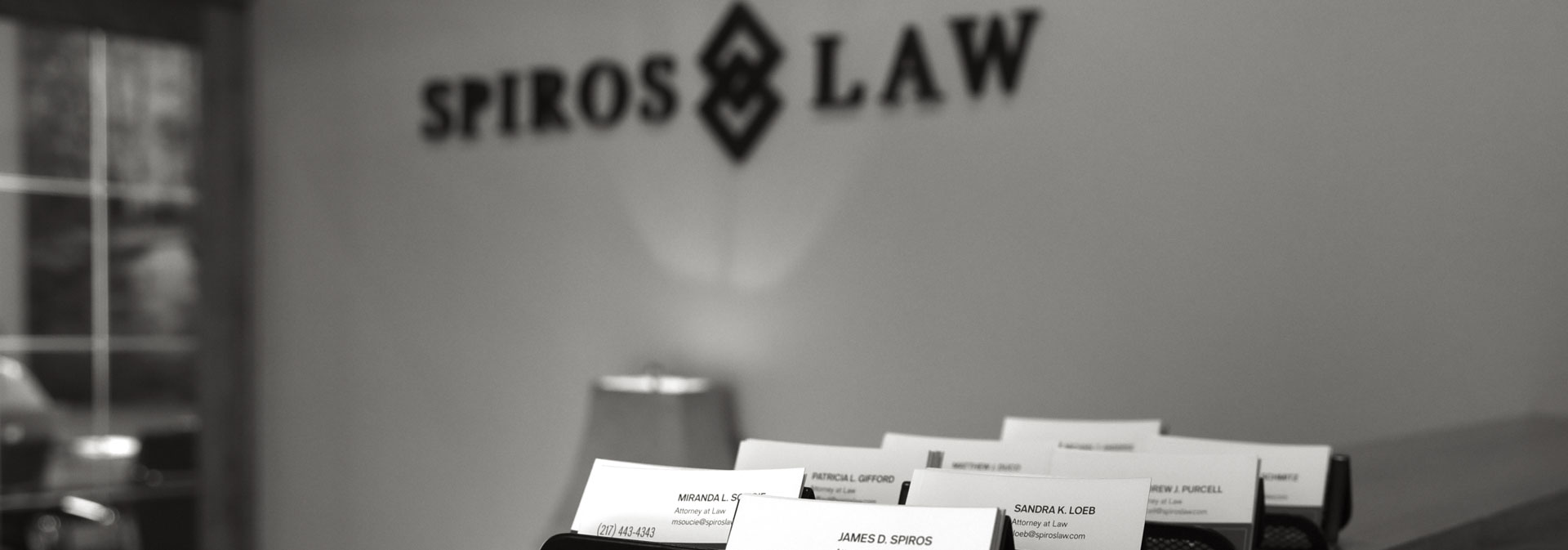Among older adults, falls are the leading cause of injury deaths, unintentional injuries, and hospital admissions due to trauma, which tend to take a serious toll on their quality of life and measure of independence. To shed light on this issue, the first week of fall is being designated as National Fall Prevention Awareness Week, which occurs September 23-29, 2019. At the center of this initiative is delivering the message that falls can be preventable. Across the country, fall prevention coalitions, health care providers and senior care agencies plan to hold presentations, health fairs, screenings and workshops. These are being targeted among older adults, their families, caregivers, elder care professionals, and the general public to raise awareness about the serious nature of falls and methods to reduce fall risk.
Falls among older adults remains a serious issue, but current research has revealed that many of these falls can be reduced by identifying different factors that increase the risk of falling, which include: past falls, hazards in the home and community, problems walking, balance problems, weakness, improper footwear, poor vision, memory problems, and chronic diseases. Since different factors can contribute to the risk of falls, it is recommended that people talk with a health professional to identify and treat medical problems that might lead to falls, participate in regular physical activity, and identify safety hazards at home and in the community.
To help raise awareness during the upcoming Fall Prevention Awareness Week, it is encouraged that people consider:
- Distributing a different flyer with a fall prevention message each day of the week
- Creating a fall prevention display/bulletin board showing safety items
- Providing posters, fact sheets, and handouts to senior care centers, hospitals, doctor offices, and other groups to post in lobbies, waiting rooms and communal areas
- Organizing a fall prevention workshop
- Offering vision exams, blood pressure checks, foot exams, gait and balance assessments, bone density screenings, and medication reviews
- Organizing a neighborhood walk to promote safe pedestrian routes in the community
- Raising awareness through use of various social media sites
For the elderly, the risk factors and contributors to indoor and outdoor falls are quite different. Indoor falls are typically associated with an inactive lifestyle, disability, and poor health, while outdoor falls are associated with higher levels of activity and average or better-than-average health. For those that fall indoors, people typically have more physical disabilities, take more medications and have lower cognitive function compared to those that fall outdoors. To prevent slips, trips or falls indoors: clean up spills immediately, keep walkways and hallways free of clutter, keep filing cabinets and desk drawers shut when not in use, cover cables or cords in walkways, and make sure there is adequate lighting. When a slip, trip or fall results in severe injuries and the negligence of another party played a role in causing or failing to prevent the fall, victims may be entitled to compensation. Compensation can help alleviate difficulties associated with victims’ injuries, medical bills, lost wages and mental anguish. If you or a loved one have suffered an injury due to a fall, contact Spiros Law, P.C. today at (815) 929-9292 to receive a free consultation. Our attorneys are qualified and experienced to handle your situation with the care and attention it deserves.


